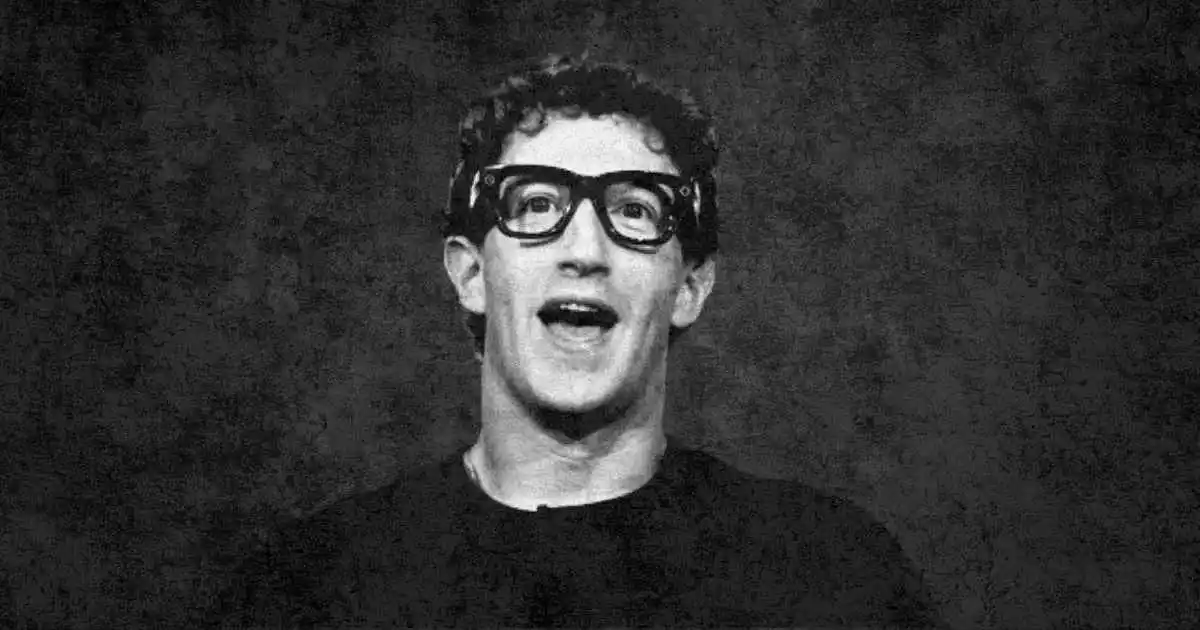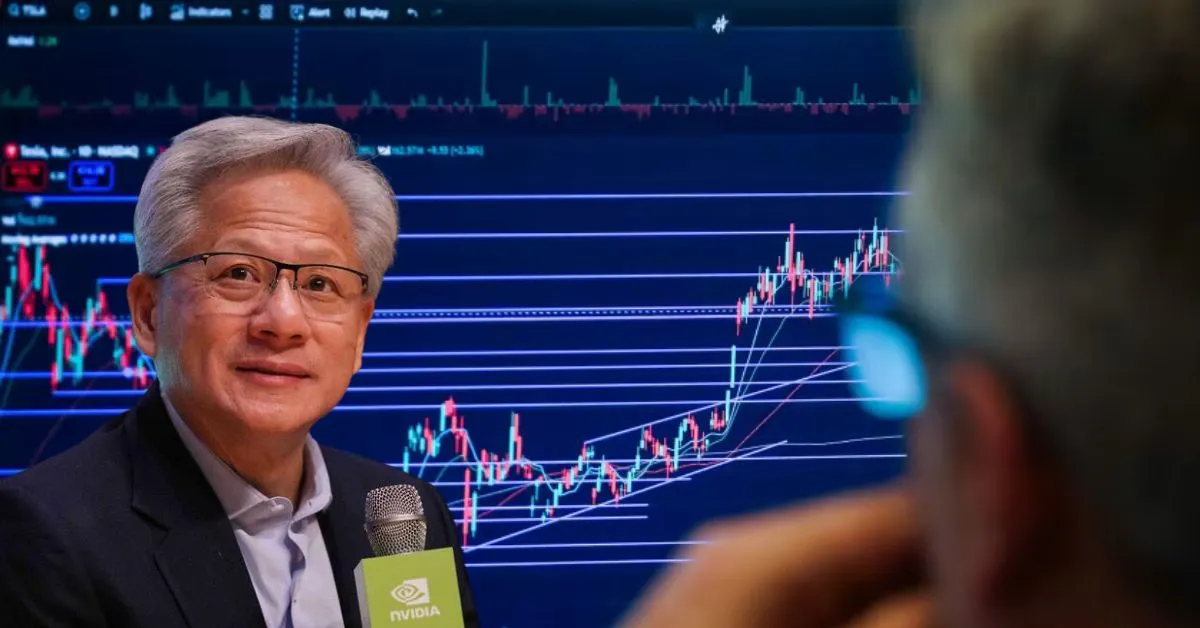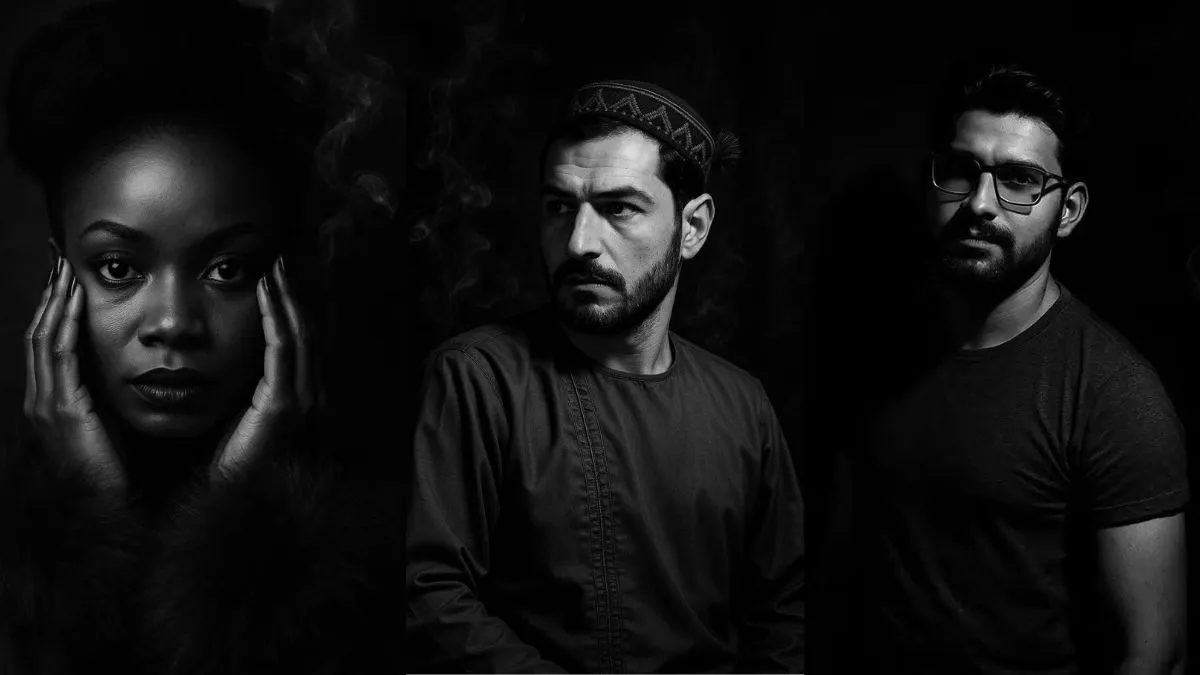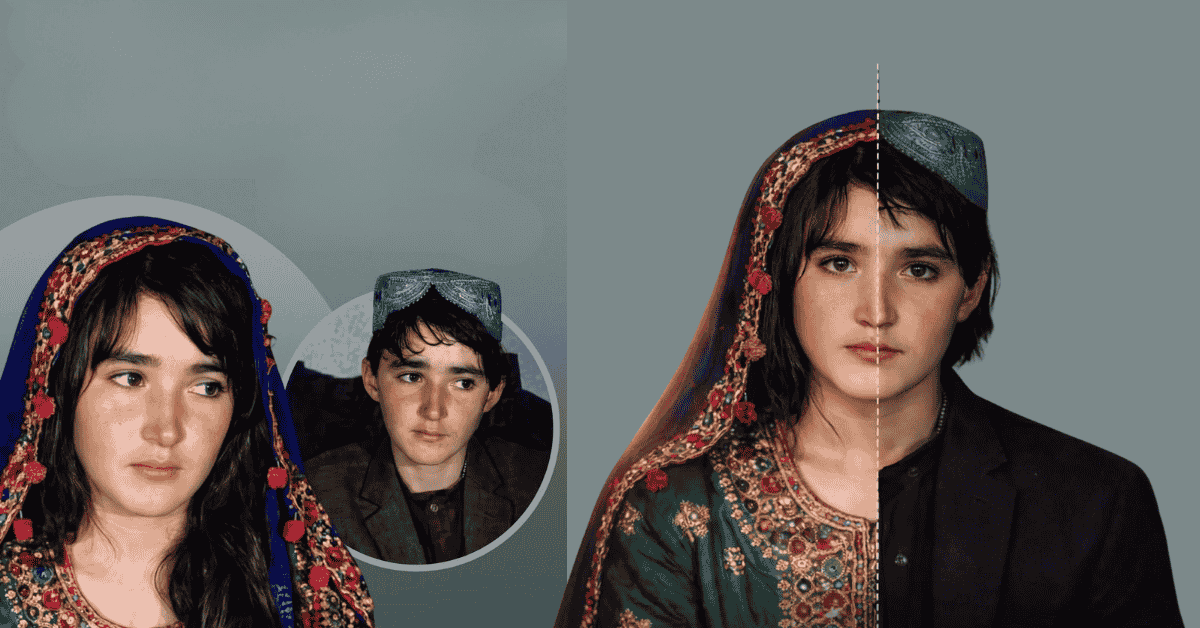If there’s one name that consistently makes headlines in the technology world of 2025, it’s Mark Zuckerberg. The 41-year-old American entrepreneur started Facebook from his college dorm room and is now shaping the direction of artificial intelligence (AI) and the metaverse through Meta. Zuckerberg’s transformations over the years have transformed Meta from a mere social media company to a hub of future technology.
Mark Zuckerberg Biography 2025 & Meta’s New Turn to AI
In early 2025, Zuckerberg announced plans to transform Meta into a fully AI-focused company. The company has invested heavily in this direction, now ranking second among traditional tech giants. According to reports, Meta is set to spend approximately $72 billion on AI infrastructure by the end of 2025.
This money isn’t just being invested in building servers or data centers; it’s also being used to purchase advanced processors, such as GPUs, and to develop “AI engineer” systems that utilize AI to write code like humans, fix bugs, and assist in research.
In January 2025, Zuckerberg stated that Meta’s AI would eventually work at the level of a “mid-level engineer.” His goal is for AI to handle a significant portion of Meta’s research and development by 2026.
Meta took its AI assistant to a new level in 2025, directly linking it to revenue. Now, AI-powered chats on Facebook, Instagram, and Messenger are being utilized to enhance advertising.
The company claims this will provide users with a “more personalized experience,” but critics see it as a form of surveillance. Linguist Emily Bender of the University of Washington has stated that people often share personal information with chatbots, thinking it’s a safe space. Still, in reality, this data is now becoming part of the company’s advertising machine.
Meta has clarified that ads will not appear within chats; instead, content and ads in the feed will be determined based on signals from AI-driven conversations. The company claims that people already believed such data was being used and that it’s just being “clarified.”
Ray-Ban Display: The Merger of AI and the Metaverse
In September 2025, Meta introduced “Ray-Ban Display Smart Glasses,” a product that blurs the line between the virtual and real worlds. These glasses are not just for listening to music or taking photos, but also feature a small color display that can display apps, maps, or translations based on the user’s voice input.
Zuckerberg said at the Meta Connect 2025 event, “This isn’t just glasses, it’s a personal superintelligence.” There were technical glitches during the launch, but Zuckerberg laughed, saying, “It’s all fine, just the Wi-Fi playing a prank.”
Critics are calling this product a “second life” of failed attempts at the metaverse, but many tech experts believe this time, things are different. Learning from the failures of Google Glass and Amazon Frames, Meta has tried to make it practical and attractive.
Still, challenges remain: battery life is limited to six hours, the display is difficult to see in sunlight, and privacy concerns are being raised. Despite all this, these $799 glasses could gradually become part of a new digital habit.
Despite the significant changes in the world of technology, Zuckerberg’s personal life remains relatively calm. He lives with his wife, Priscilla Chan, and their three daughters, Maxima (born 2015), August (born 2017), and Aurelia (born 2023).
Priscilla is a pediatrician, and the two married in 2012. When Zuckerberg celebrated his 40th birthday in 2024, Chan hosted a party that recreated locations from Zuckerberg’s childhood and college days as a nostalgic surprise for him.
Together, they run the Chan-Zuckerberg Initiative (CZI), launched in 2015. Its mission is to drive change in education, science, and social justice. They have pledged to donate 99% of their Meta shares to charity over their lifetimes.
In 2024, Zuckerberg issued a public apology, acknowledging the harm social media had caused to many families and young people. Then, in 2025, he decided to discontinue Meta’s third-party fact-checking program and replace it with a “Community Notes” system, inspired by Elon Musk’s X platform.
This move was described as “user empowerment,” but many experts criticized it as an attempt to “reduce surveillance in the name of reducing censorship.” Meta has also faced accusations of political bias, particularly in 2025 when the company increased its alignment with the new US administration.
Zuckerberg’s image now is that of a calm but strategic CEO, one who is rarely visible but takes every step carefully.
Billions of Dollars in Wealth and Growing Influence
In May 2025, Forbes estimated Zuckerberg’s net worth at $221 billion. By October, it had risen to nearly $243 billion, making him the world’s third-richest person.
His real estate also remains a constant topic of discussion. According to a New York Times report, he is purchasing several properties in Palo Alto through various companies to enhance his personal life.
Despite the significant changes in the world of technology, Zuckerberg’s personal life remains relatively calm. He lives with his wife, Priscilla Chan, and their three daughters, Maxima (born 2015), August (born 2017), and Aurelia (born 2023).

Priscilla is a pediatrician by profession, and the two married in 2012. When Zuckerberg celebrated his 40th birthday in 2024, Chan organized a party that recreated locations from Zuckerberg’s childhood and college days, a nostalgic surprise.
Together, they run the Chan-Zuckerberg Initiative (CZI), launched in 2015. Its mission is to bring about change in the fields of education, science, and social justice. They have pledged to donate 99% of their Meta shares to charity over their lifetimes.
In 2024, Zuckerberg issued a public apology, acknowledging the harm social media had caused to many families and young people. Then, in 2025, he decided to discontinue Meta’s third-party fact-checking program and replace it with a “Community Notes” system, inspired by Elon Musk’s X platform.
This move was described as “user empowerment,” but many experts criticized it as an attempt to “reduce surveillance in the name of reducing censorship.” Meta has also faced accusations of political bias, particularly in 2025 when the company increased its alignment with the new US administration.
Zuckerberg’s image now is that of a calm but strategic CEO, a man who is rarely visible but makes every move thoughtfully.
In May 2025, Forbes estimated Zuckerberg’s net worth at $221 billion. By October, it had grown to nearly $243 billion, making him the world’s third-richest person.
His real estate also remains a constant topic of discussion. According to a New York Times report, he is purchasing several properties in Palo Alto through various companies to keep his private life out of the public eye.
Meta’s new policy, which includes user chats in ad targeting, has raised concerns among experts. This change is considered particularly risky for teenage users.
Experts like Emily Bender argue that chatbots behave like “friends,” encouraging young people to share their personal thoughts freely; however, this data will now be used for advertising purposes.
Meta claims to have strict security filters in place for minors and limits sensitive content to “teen accounts.” However, questions remain about whether it’s genuinely possible to make AI chats safe.
In 2025, Meta made significant changes to both its policies and team. The company loosened content moderation rules and began reviewing several long-standing policies related to diversity and inclusion.
Zuckerberg sent a message to employees at the beginning of the year: “Buckle up, big changes are coming.” This message wasn’t just an expression of enthusiasm, but a signal that Meta was entering a new experimental phase one where the intersection of AI, advertising, and the metaverse would become its next identity.
A Vision Beyond Technology
Zuckerberg says,
“We can’t change everything immediately, but we can start working for the long term.”
His vision isn’t limited to Meta. Through CZI, he is conducting research toward eliminating or controlling all diseases by 2100. The young man who once left Harvard to found Facebook is now working on the world’s largest AI network.
The Mark Zuckerberg of today is no longer the tech-enthusiastic student he was in his past. He’s now a seasoned CEO who understands that the technology of the future will be about human experiences, not just machines.
His company’s mission is no longer to connect people, but to “personalize” their digital experiences, whether on social media, in conversations with AI assistants, or in virtual worlds through Ray-Ban glasses.
Despite criticism, controversy, and failed experiments, Zuckerberg remains one of the leaders shaping the direction of the tech industry. In 2025, his focus is on two key areas: integrating AI into everyday life and transforming the metaverse into a practical reality.
His journey shows that an idea, whether it starts in a college room or a virtual headset, can become the face of technology for an entire generation if continuously developed.











